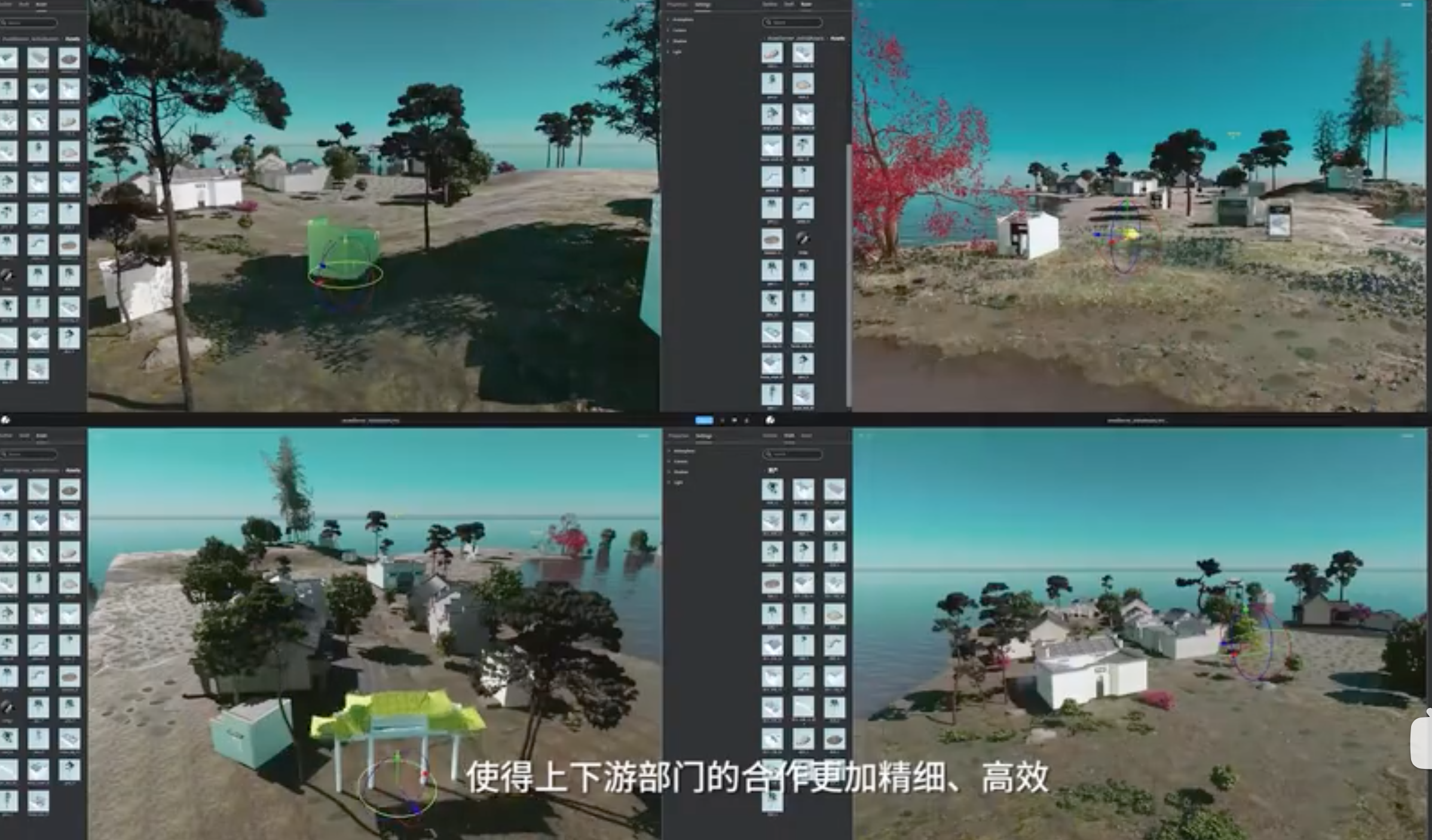For years, open-source software in China was only attracting developers and was poorly understood by returns-seeking investors. But they are finally having a moment like their Western counterparts.
The latest open source project to get funded in China is Tai Chi Graphics, a 10-month old startup that aims to make 3D content creation easier. It operates Taitopia, a cloud-based platform for 3D graphics creation, sharing and remote collaboration, sort of like”figma for 3D content” in its own words. Undergirding the platform is its open-source programming language taichi, which offers a high-performance computation on spatially sparse data structures like those from 3D visual graphics.
Taichi Graphics closed a Series A investment at $50 million with lead investors Source Code Capital, GGV Capital and BAI Capital. Other participants in the round included returning investor Sequoia Capital China. TechCrunch has reached out to ask about their operation and valuation.

Taichi Graphics’ 3D content platform Taitopia allows creators to collaborate remotely. / Image: screenshot from Taichi Graphics demo video
The nascent startup joins a handful of open-source software companies founded by Chinese returnees who have studied or worked in the US Rather than focusing on their home market, these founders take advantage of their experience in both worlds and build products tailored to global users at the outset. Unstructured data analytics startup Zilliz, which raised a $43 million Series B round in 2020was founded by an Oracle veteran and had plans to operate from both China and the US
Taichi Graphics itself was started by Yuanming Hu, a computer science Ph.D. from MIT, and Ye Kuang, a Google veteran. It’s gradually drumming up interest in the global developer community. The project was starred 17,700 times on GitHub as of 2021, up from 12,700 a year before, according to the company. 152 developers from a dozen countries had contributed to Taichi Graphics by 2021.
in a paper introducing Taichi in 2019, Hu and his co-authors explained why a domain-specific language was needed for 3D content computing:
3D visual computing data are often spatially sparse. To exploit such sparsity, people have developed hierarchical sparse data structures, such as multi-level sparse voxel grids, particles, and 3D hash tables. However, developing and using these high-performance sparse data structures is challenging, due to their intrinsic complexity and overhead. We propose Taichi, a new data-oriented programming language for efficiently authoring, accessing, and maintaining such data structures.
Taishi Graphics’ tools have found use cases in physical simulation, augmented reality, artificial intelligence, robotics, and special visual effects in films and games.
With the new proceeds, the startup plans to strengthen the influence of its parallel programming language and build tools targeting digital content creators. It will also continue recruiting roles in R&D, product development, monetization, strategy and design.
